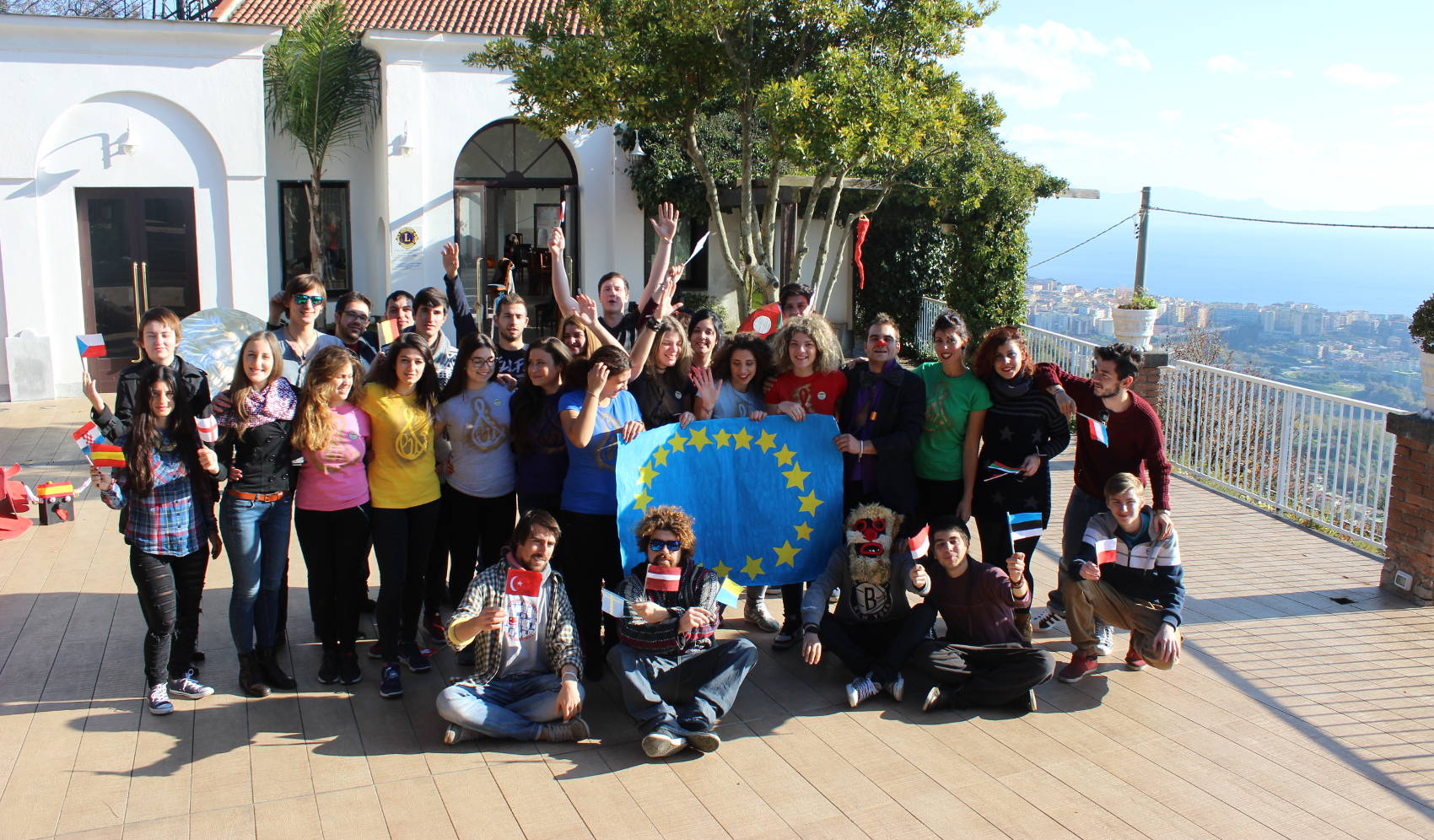Teach me your dance!
2nd -11th December 2015, Naples, Italy
Erasmus+ Youth Exchange
Organized by Componibile62
Supported by Erasmus+ programme and Agenzia Nazionale per i Giovani
BACKGROUND
Dance has certainly been an important part of human culture expression (ceremonies, rituals or celebrations) since before the birth of the earliest civilizations.
It is the first artistic human expression as it has the body as main instrument. All other arts in fact suppose the use of objects, excepting singing.
Dance is an integral part of rituals, form of prayer, and an essential method for gathering members of a community as part of feast, public celebration or special events. Before the production of written languages, dance was one of the methods of passing these stories down from generation to generation.
Despite these premises, traditional and folk dances, which emphasize cultural roots, are more and more isolated in local communities, with little interest for public mass-media, instead of being encouraged and supported as a main component of social interaction as once was.
The project stands for aesthetic beauty, communication and connection through dancing, going against selfishness, emptiness and superficial exhibitionism.
OBJECTIVES
1. to promote traditional dances as a method of expression and mutual understanding, as well as to explore ways of applying and multiplying its benefits in the local communities
2. to enhance visibility of traditional dances from 5 European Union countries and their customs and traditions, through interactive learning;
3. to discover similarities and differences at individual and cultural levels, through non formal methods, in order to expand the social and cultural borders within European Union
4. to rediscover and share own cultural values and identities,
in an intercultural background, through dancing and creativity
5. to strengthen self-respect, respect for the others and other cultures, opening minds to a more friendly EU
Activities&Methodology
The activities will be based on non-formal methods: group work, outdoor activities, discussions, dancing workshops, exchange of experiences & cultures, creative process and experimentation.
The European Dance
Although the main workshop is based on dancing, the idea is to sum-up all the activities of the project and the informal moments, in order to create an “European Dance” that most probably will be performed in a public place, and if possible, in your local communities after the project.
Each country will have about 3 hours to teach the others a typical, local, folkloric or national dance. More local traditions and cultures will be presented during the Intercultural Nights.
There will be activities about Common Sense, European Values, Human Rights and others, meant to inspire you and include social messages in the “European Dance”. The final result should be more than a body movement, combining the whole or part of the learning experience: creativity, diversity, expressiveness, etc.
It’s up on each group to organize the dynamics (separate the others in small groups, in big groups or keep the whole group united). It’s also possible to share more than one typical dance, including personal choreographies, modern dances and others, within the time limits.
Remember that no country is better than others, as no dance is better than others.
It’s all about the process, not about the results, so don’t come with the spirit of competition, but with the spirit of collaboration and sharing.
The facilitators will help you with everything it’s needed for supporting and developing the activities.


